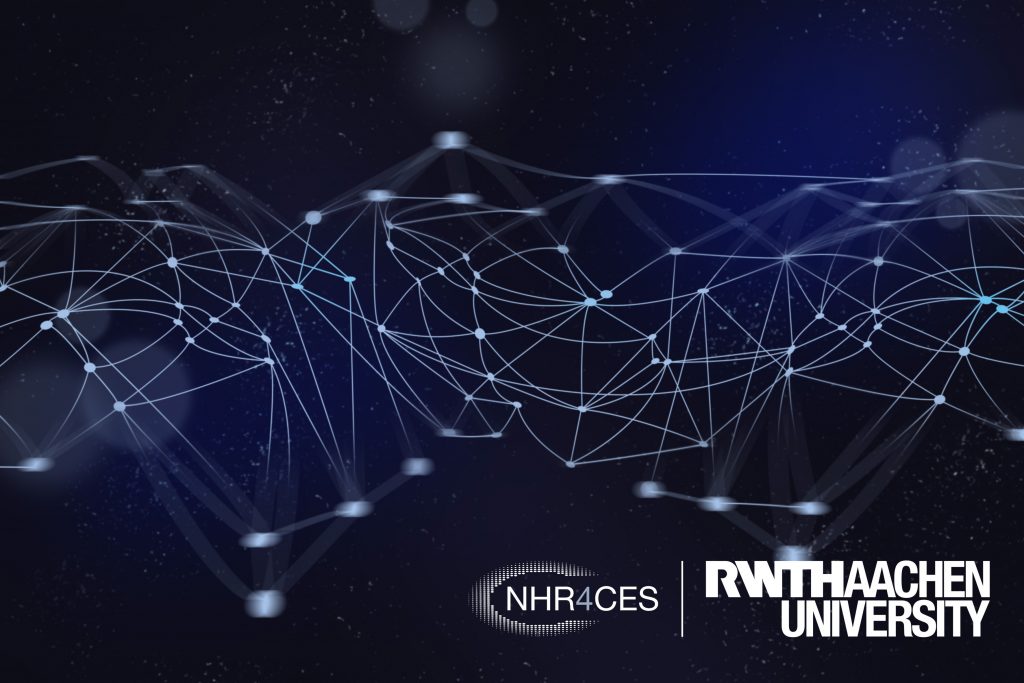Together with the TU Darmstadt, RWTH Aachen is included in a alliance that creates better conditions for all scientists at German universities.
“In recent years, RWTH Aachen University has specifically developed the topic of research infrastructures for high-performance computing. The admission into the National High Persomance Computing alliance is the recognition of the performance of our researchers,” says Professor Ulrich Rüdiger, Rector of RWTH Aachen University, and describes the recommendation of the Joint Science Conference on November 13, 2020 as a great gain for the university. “Together with our partner TU Darmstadt, we can advance high-performance computing with topics such as artificial intelligence, data science and simulation science”.
Together with the seven other funded data centers in the alliance, the IT Center of the RWTH Aachen University offers all scientists at German universities the best possible support for high-performance computing.
Under the new funding concept, the federal and state governments will no longer only cover investment costs, but also operating and personnel costs. For this purpose, 62.5 million euros will be available annually for the entire NHR alliance. The two NRW data centers in the alliance (Paderborn and Aachen) will have a total of around EUR 11 million available in the coming year for the further expansion of their existing data centers.
For years, RWTH Aachen University, as well as TU Darmstadt, has successfully operated high-performance computers of supra-regional importance – so-called Tier 2 computers. Parts of both systems have been open to academic researchers from all over Germany for years. On this basis, the two locations are now combining their existing strengths under the leadership of Professor Matthias S. Müller (IT Center, RWTH Aachen University) and Professor Christian Bischof (University Computer Center, TU Darmstadt) in the “National High Performance Computer Center for Computational Engineering Sciences” (NHR4CES), where they complement each other perfectly. In recent years, both institutions have strongly promoted Computational Engineering Sciences (CES) in joint projects, graduate schools and study programs.
The two responsible professors are pleased about the supported continuation of their good cooperation. Already last year they were successful with the joint NFDI4Ing proposal in the competition for the National Research Data Management. “With NHR4CES, we are now developing an ecosystem for high-performance computing that will advance simulation and data-based research, especially for the engineering-oriented, computer-aided research disciplines in Germany.
